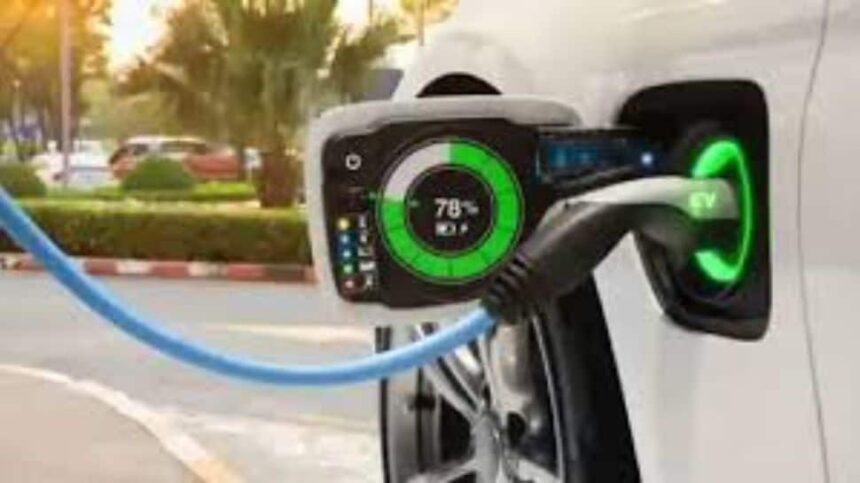New Delhi: Electric Vehicles Market Surges Past 4% in May
Electric passenger vehicles (EVs) have gained significant traction in India, accounting for 4% of the market as of May, up from 2.6% in May last year. According to data from the Federation of Automobile Dealers Associations (FADA), EVs have become increasingly popular among Indian buyers, marking a turning point in the country’s green mobility transition.
Electric Vehicle Sales:
- Sales surged by 0.5 points to reach 12,304 units in May, compared to 8,029 units from April 2024.
- April’s sales were 12,233 units, up from 11,078 in May 2023.
In terms of vehicle sales, Tata Motors led with 4,351 units, maintaining its market dominance. The second-place finisher, JSW MG Motor, reported a 149% surge compared to May 2023, selling 3,765 units. Mahindra & Mahindra came in third with 2,632 units, showcasing significant growth for the Indian brand.
Top three companies account for over 87% of total EV sales in India, reflecting market concentration.
Industry Headlines:
- Tata Motors secured its top position in the electric car segment, selling 4,351 units.
- JSW MG Motor experienced a steep 149% increase in sales, surpassing 3,765 EVs in May.
Market Challenges:
- The World Bank and IMF, along with JPMorgan Chase, have projected a global economic slowdown in 2024, impacting consumer sentiment. Global supply-chain headwinds, including rare-earth constraints which hinder EVs production, pose significant concerns. China, a major exporter of rare-earth magnets, may impose export restrictions, disrupting supply chains.
- Tata Motors CEO Saharsh Damani shed light on these challenges, cautiously projecting production and retail sales delays if supply issues persist.
Government Initiatives:
- The government has introduced guidelines to attract global manufacturers into the electric segment, particularly for domestic investment. Approved applicants will be granted import eligibility with pre-embellished designs and lower tariffs. Criteria include a minimum investment of Rs 4,150 crore (approximately $520 million).
Regulatory Improvements:
- Up to 8,000 electric four-wheelers can be imported under the scheme, with the option to import built-in and covered units (CBUs) at a reduced CIF value and customs duty of 15% for a period of five years. This scheme provides incentives to global giants like Tesla to enter the Indian market, potentially boosting domestic EV production and consumer awareness.
- Any unutilized annual import limit can be carried over, addressing constraints in the import workflow for global manufacturers looking to set up their operations in India.
As India continues to evolve towards green mobility, the accelerating EV market represents both opportunities and challenges. With careful regulation and global endorsement, the nation strives to become a major player in the global electric vehicle landscape.






